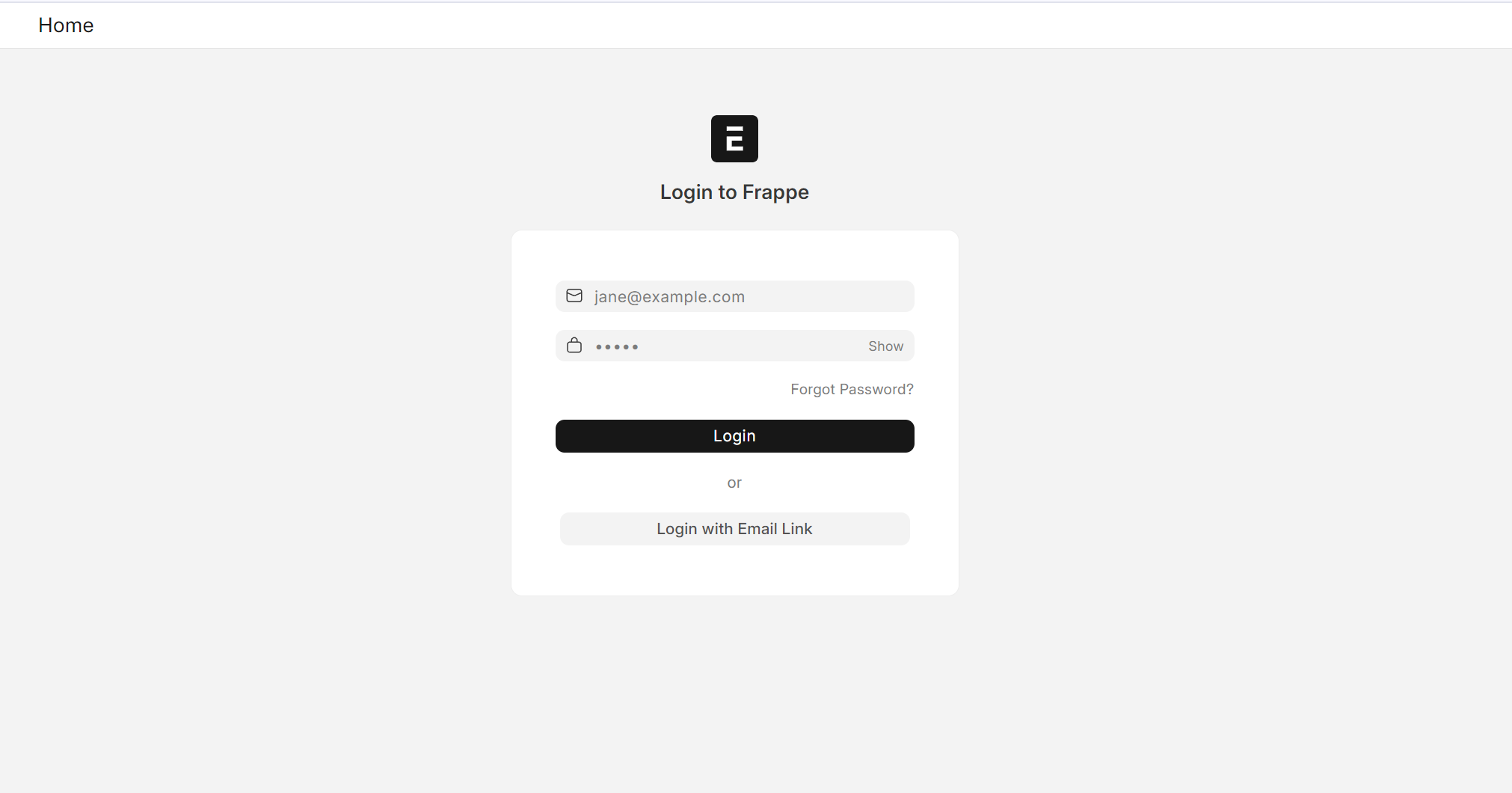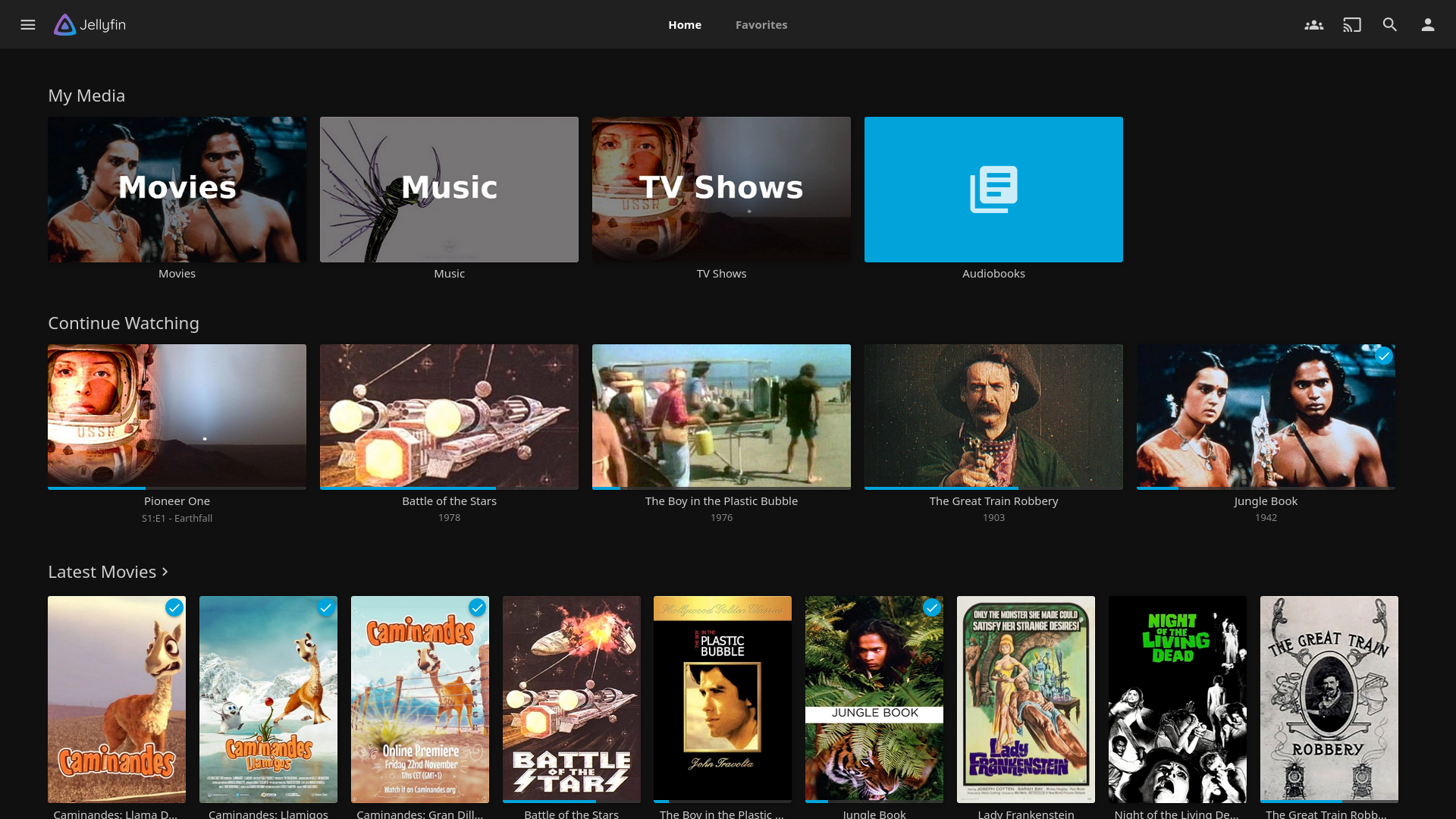This guide provides a comprehensive walkthrough of installing ERPNext version 15 on an Ubuntu 22.04 server. We’ll cover everything from setting up your server to configuring ERPNext for production use.
Prerequisites
To ensure a smooth installation, make sure you have the following:
- Software:
- Ubuntu 22.04 server (updated)
- A user account with sudo privileges
- Python 3.10 or higher
- Node.js 18
- Hardware:
- At least 4GB of RAM
- 40GB of hard disk space
Server Setup
Update and Upgrade Packages
sudo apt-get update -y && sudo apt-get upgrade -yCreate a new user – (bench user)
sudo adduser [frappe-user]
usermod -aG sudo [frappe-user]
su [frappe-user]
cd /home/[frappe-user]Install Required Packages
sudo apt-get install git python3-dev python3.10-dev python3-setuptools python3-pip python3-distutils python3.10-venv software-properties-common mariadb-server mariadb-client redis-server xvfb libfontconfig wkhtmltopdf libmysqlclient-dev1 curlConfigure MariaDB
sudo mysql_secure_installationWhen you run this command, the server will show the following prompts. Please follow the steps as shown below to complete the setup correctly.
Reload privilege tables now? [Y/n]: Y
Enter current password for root: (Enter your SSH root user password)
Switch to unix_socket authentication [Y/n]: Y
Change the root password? [Y/n]: Y
It will ask you to set new MySQL root password at this step. This can be different from the SSH root user password.
Remove anonymous users? [Y/n] Y
Disallow root login remotely? [Y/n]: N
This is set as N because we might want to access the database from a remote server for using business analytics software like Metabase / PowerBI / Tableau, etc.
Remove test database and access to it? [Y/n]: Y
Edit MySQL default config file
sudo nano /etc/mysql/my.cnfAdd the following block of code exactly as is:
[mysqld]
character-set-client-handshake = FALSE
character-set-server = utf8mb4
collation-server = utf8mb4_unicode_ci
[mysql]
default-character-set = utf8mb4Restart MariaDB:
sudo service mysql restartRestart MariaDB:
Install Node.js, NPM, and Yarn
sudo apt install curl
curl https://raw.githubusercontent.com/creationix/nvm/master/install.sh | bash
source ~/.profile
nvm install 18
sudo apt-get install npm
sudo npm install -g yarnInstall and Initialize Frappe Bench
sudo pip3 install frappe-bench
bench init --frappe-branch version-15 frappe-bench
cd frappe-bench
chmod -R o+rx /home/[your-erpnext-user]Create a New Site
bench new-site [your-site-name]Install ERPNext and Other Apps
bench get-app payments
bench get-app --branch version-15 erpnext
bench --site [your-site-name] install-app erpnext
bench --site [your-site-name] install-app payments Start the Server
bench startAccess your ERPNext instance at [YOUR SERVER IP]:8000.
Set up for Production
bench --site [your-site-name] enable-scheduler
bench --site [your-site-name] set-maintenance-mode off
sudo bench setup production [your-erpnext-user]
bench setup nginx
sudo supervisorctl restart all
sudo bench setup production [your-erpnext-user]Your ERPNext instance should now be accessible at your server’s IP address without the port number.
Troubleshooting
I encountered an issue with the Redis port number mismatch.
Please look into these 2 files and match the default port number of redis which is 6379
cat /home/frappe/frappe-bench/sites/centaq/site_config.json
cat /home/frappe/frappe-bench/sites/common_site_config.jsonChange the Redis port:
- Locate the lines with
"redis_cache"and"redis_socketio". - Change the port number from
13000to6379in both lines. - The corrected lines should look like this: JSON
"redis_cache": "redis://127.0.0.1:6379", "redis_socketio": "redis://127.0.0.1:6379",
Conclusion
Congratulations! You have successfully installed ERPNext 15 on your Ubuntu 22.04 server. Remember to consult the official ERPNext documentation for further customization and troubleshooting.

